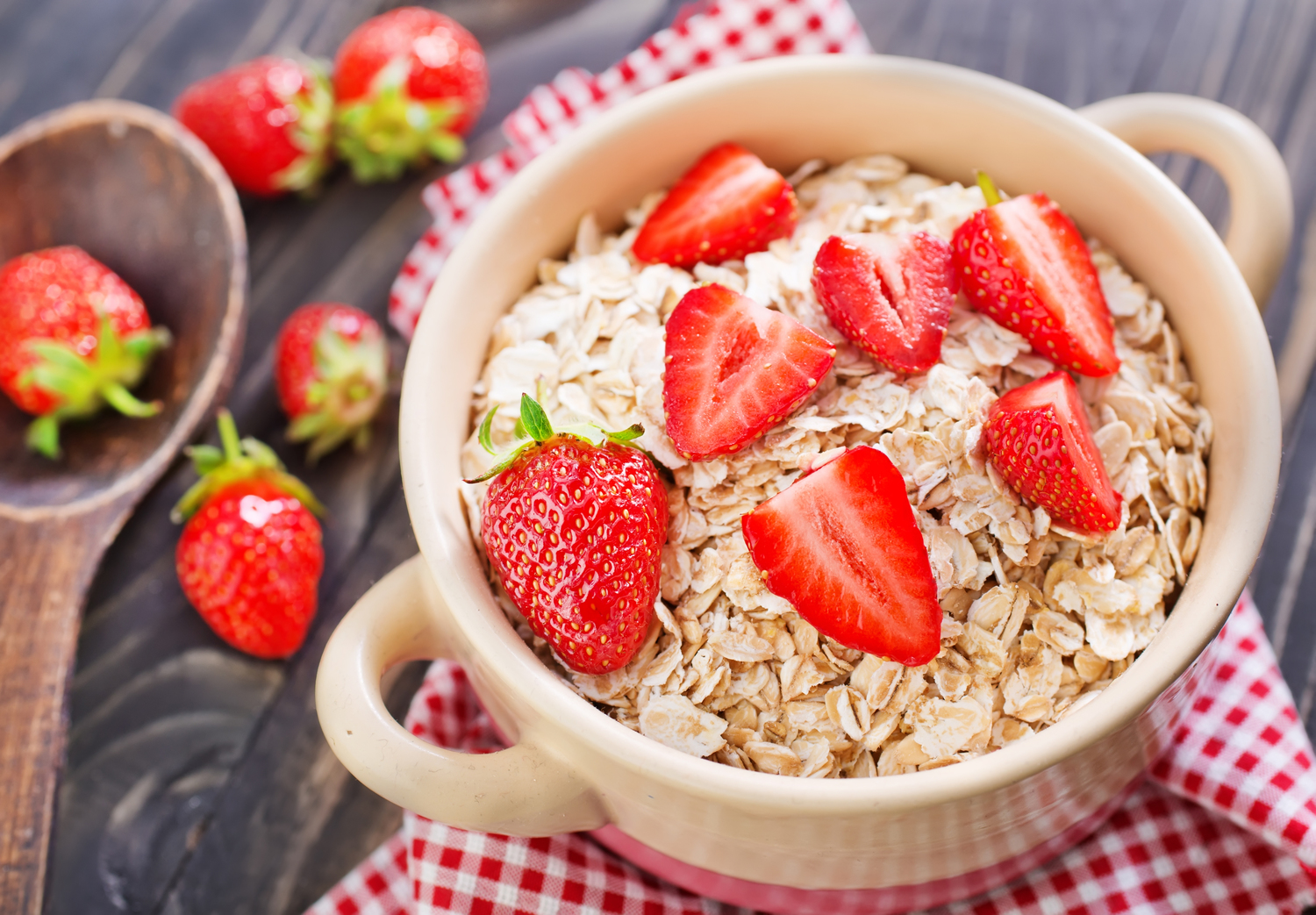Foods That Help Manage Heartburn
Acid reflux, also known as gastroesophageal reflux disease (GERD), is a condition that occurs when there’s a backward flow of stomach acid (bile) into the esophagus; this causes irritation to the food pipe. The foods one eats play an important role in controlling this illness, as whatever is ingested can affect the amount of acid the stomach creates. Here are some things to know about acid reflux and a heartburn diet.
Causes and symptoms of GERD
Heartburn occurs when the lower esophagus sphincter is loosened or does not work well. Its function is to prevent the food particles present in the stomach from moving back into the esophagus.

Acid reflux can lead to symptoms such as bloating, a bitter taste in the throat, and heartburn (a burning sensation in the chest).
Some of the other symptoms include:
Hiccups
Sore throat
Dry cough
Vomiting
Belching
Difficulty in sleeping
Difficulty in swallowing
A feeling of a lump in the throat
Diet to soothe acid reflux
This is a common health condition. Following a certain diet for acid reflux contributes to managing the symptoms of this illness.
Here is a list of some important foods that help with acid reflux:
Oatmeal
Oatmeal is easily digestible and is a good choice for breakfast, lunch, or dinner. It is made up of whole grains and also serves as an excellent source of fiber, which is known to lower the risk of causing acid reflux.
Other whole grains
Whole-grain foods are made of unprocessed grains. One can include whole grains, such as wheat bread, brown rice, millet, or barley, in their diet for acid reflux.
Vegetables
Vegetables that are low in fat and sugar are a good option to prevent heartburn. Vegetables, especially green leaves and legumes, are low in cholesterol and high in essential nutrients, beneficial fats, and fiber. The list includes parsley, beans, asparagus, fennel, cucumbers, potatoes, celery, and leafy greens.
Ginger
The anti-inflammatory property of ginger helps in treating heartburn and other gastro-related diseases. One may add ginger to their diet for acid reflux or consume ginger tea to ease the symptoms of GERD.
Bananas
Bananas are an alkaline food that can help neutralize stomach acid. They are also a good source of soluble fiber and pectin, so adding bananas to one’s meal plans is a great choice.
Yogurt
Milk, curd, and yogurt help in providing a coating to the irritated esophagus and soothing it. Yogurt is also a great source of probiotics, which are live microbes that help in improving gut health.
Seeds, nuts, and healthy fats
Seeds and nuts have the ability to absorb stomach acid and reduce acid reflux. It is ideal to add healthy fats such as olive oil, flaxseed, sunflower oil, and walnuts to one’s diet for acid reflux. The goal is to reduce the intake of food with trans-fat and consume unsaturated fats.
Watery food & non-citrus fruits
Acidic fruits such as plums and oranges may cause heartburn, while watery and non-citrus fruits have much lesser chances of triggering the symptoms. Adding fruits such as pears, apples, watermelons, cantaloupes, lemon water, broth-based edibles, herbal tea, and avocados to your meals will be helpful in reducing the symptoms.
Fish, seafood, and lean meat
Chicken, turkey, fish, and other lean meats are foods with low fat. They can reduce the symptoms of acid reflux. Limited amounts of egg whites are also a good option since they are low in acid. Meat (grilled, roasted, or baked) is a good choice; however, avoid eating meat that is fried.
Foods that can lead to acid reflux
Certain foods have shown signs of increasing the symptoms of acid reflux. They can trigger heartburn and also delay the digestive process. The major food items that can lead to acid reflux are:
Citrus fruits
Tomatoes
Foods with high fat
Onions
Spicy foods
Carbonated beverages
Caffeinated drinks such as tea and coffee in large amounts
Alcohol
Chocolate
Peppermint
Processed snacks such as potato chips
Fried fatty meals and fast food
Acid reflux is a treatable condition, and one can mostly reduce the risks of getting this illness by consuming the right foods and adjusting their lifestyle. However, there are limits to what a diet for acid reflux can do. Also, a heartburn diet that helps one person resolve their issues can be problematic for another. Moreover, if one is allergic to any of the recommended foods mentioned above, they should steer clear of them. So, it is advisable to consult a physician, especially if altering one’s lifestyle and meal plans are not helping in the long run.

